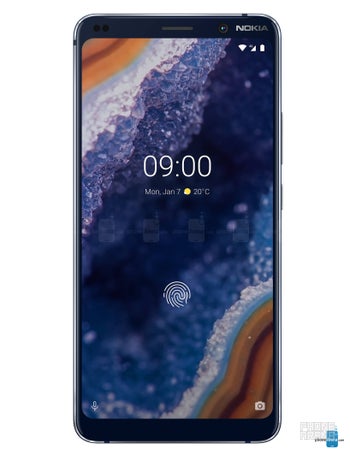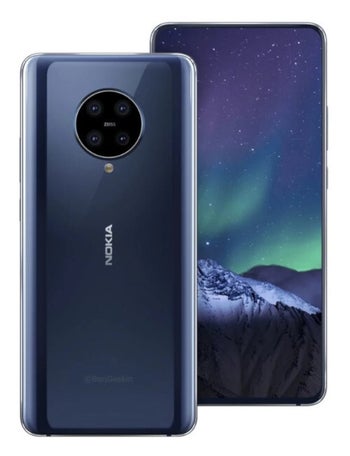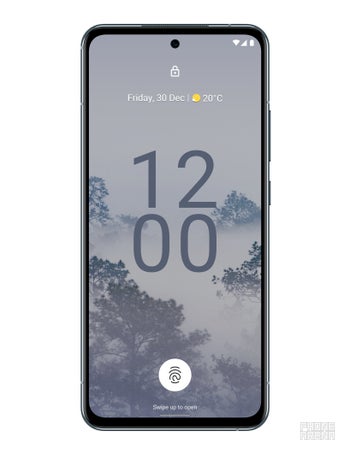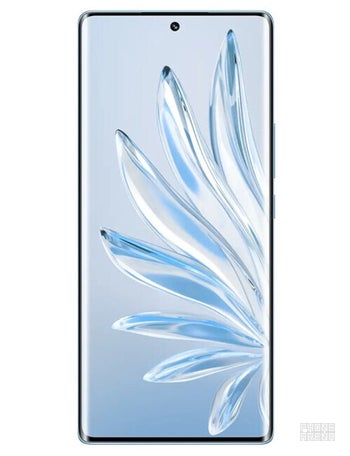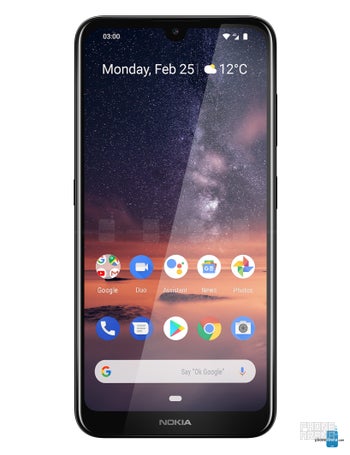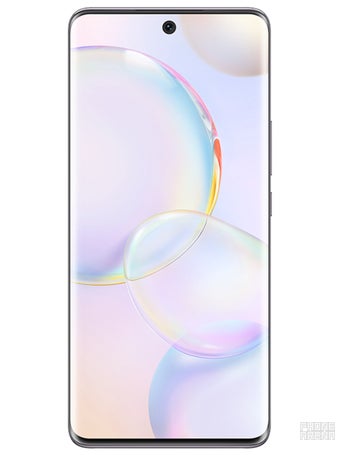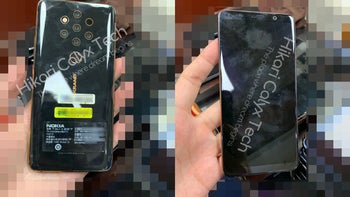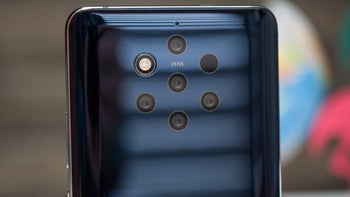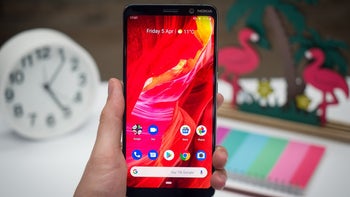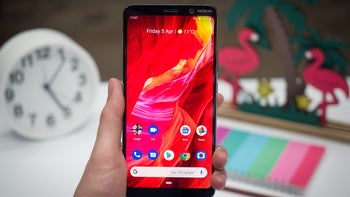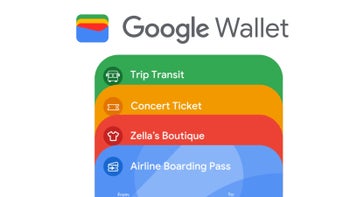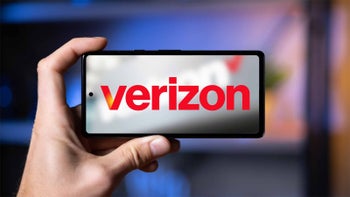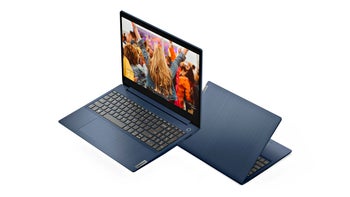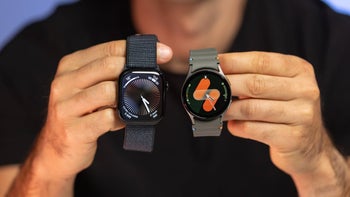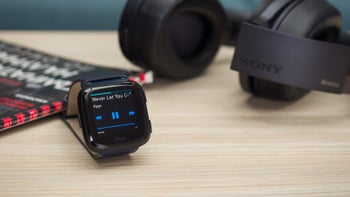Nokia 9 PureView Specs
Popular Comparisons
The Nokia 9 PureView is most commonly compared with these phones:
Specs Compare
News
Links
In short, this is a phone for camera enthusiast who also wants a solid, great looking phone and great call quality and wants to choose which software they want to use (no bloat) instead of using forced UI experiences and apps. Its as far from an iPhone that you can get and pretty far from Galaxies too (I have a s9+ and an iPhone 7+ too)
(Apple decides for you, the least customisable phone out there)
(Samsung customize your phone out of the box with Samsungs experience a.k.a. how they think you should use the phone, but on Android you can at least choose a bit more, but you cant uninstall the "samsung experience" or samsung apps that you dont use. While the samsung experience is pretty nice, I prefer to choose on my own and pick the best of the best from the play store)
I feel that this phone is going to get a lot of polarized opinions as this phone packs some punch in the camera department but it might not be what people will expect. The main highlight of this phone is its 5 cameras and this might sound better than other flagship phones which have 2 or 3 cameras, but this phone's cameras are used in an entirely different way than the other phones. While most of the other phones process the picture after taking the picture e.g. they will enhance the contrast or details, this phone does not process the image in a similar way. The traditional image processing is kept at a minimum because that control is given to the user. I have found that with my earlier phone colors in the pictures were way more saturated than in real life. This has been a gripe for some of the photographers who use the phone to take a picture and find that the phone image processing has cranked the image attributes too high for their liking, so they prefer to shoot in RAW which lets them be in control. This phone seems to be aimed at doing that and gives control to the user to decide how they want their picture to look like. This might sound a good idea but most of the people don't want that much finer control and are fine
with what their phone cranks out. So while comparing stock pictures of a brightly lit scene from this phone and other phones, you might find this phone takes dull pictures while others have eye-popping colors and might end up in thinking that camera on this phone is not good. This phone is a photographer's phone who loves to tinker and play around with their images. If you think you are that kind of person
then this phone is for you. Of course, the camera on this phone has several other huge advantages over other phones as well (and not just the picture processing controls)
GOOD Things
1. The Android updates are fast. This phone got the March update in March, and the only other phones that have this update is Pixel and Essential phones.
2. The face-unlock feature works well. Most of the time it would unlock the phone before I could even reach for the fingerprint authentication. Though it doesn't seem to work in dark or low light conditions, which would need an IR scanner.
3. I love all the tweaking and picture controls on the phone. If you are shooting in bokeh mode then one more option "Color pop" shows up for the photo which mutes the color around the subject you want to focus on bringing out the colors of the subject.
BAD THINGS ABOUT THIS PHONE
1. For a phone that is marketed as a photographer's phone, the phone's camera app needs considerable work. Launching the app, changing the app mode (e.g. between slow motion, video, bokeh mode) is terribly slow. The camera app glitches out oftenby giving error "Unable to connect of the camera". I missed a couple of opportunities
to take a picture because the camera app took too long to open. I am hoping the camera app would get updated to fix next update
2.fingerprint sensor
The headline feature is of course the camera - and it's a pretty specialized one at that. Most users will appreciate the increased dynamic range - so you can still see detail in the dark areas of an otherwise bright scene. This is great for landscape pictures, which often turn out even more dramatic than real life. Other than that, it's "OK". Low light photos are so-so, at least the JPEG version. You can of course save RAW (".dng") images, and you will be able to bring out a lot more detail and versatility (I use "darktable" for Linux), however these are ~40MB each, and eats up at both processing time and battery life pretty fast.
The biggest annoyance is the in-screen fingerprint reader. I got used to a flawless, quick and elegant solution with the Nokia 8 Sirocco, so the jump "up" to the Nokia 9 was a great disappointment in this regard. It often takes several tries to even register a fingerprint (and it misleadingly shows the message "Please try pressing a little harder..." -- that is NOT effective). The trick is to lay your finger (presumably your thumb) flat against the surface, often reaching a bit above where the indicator is located - but even then it often fails 5 times in a row forcing you to fall back to PIN entry instead. You can also use face authentication, but this is not considered secure enough for Google Pay - so even if your phone is unlocked and you scan it at a payment terminal, you then need an additional fingerprint or PIN unlock before scanning once more. I.e. quite clumsy. Best to disable the fingerprint reader altogether until Nokia comes out with a fix (from what I understand this should be possible to fix in firmware).
Finally, the chipset and screen/size ratio is last year's news - though that's quite all right with me. You may feel different if you do a lot of gaming.
